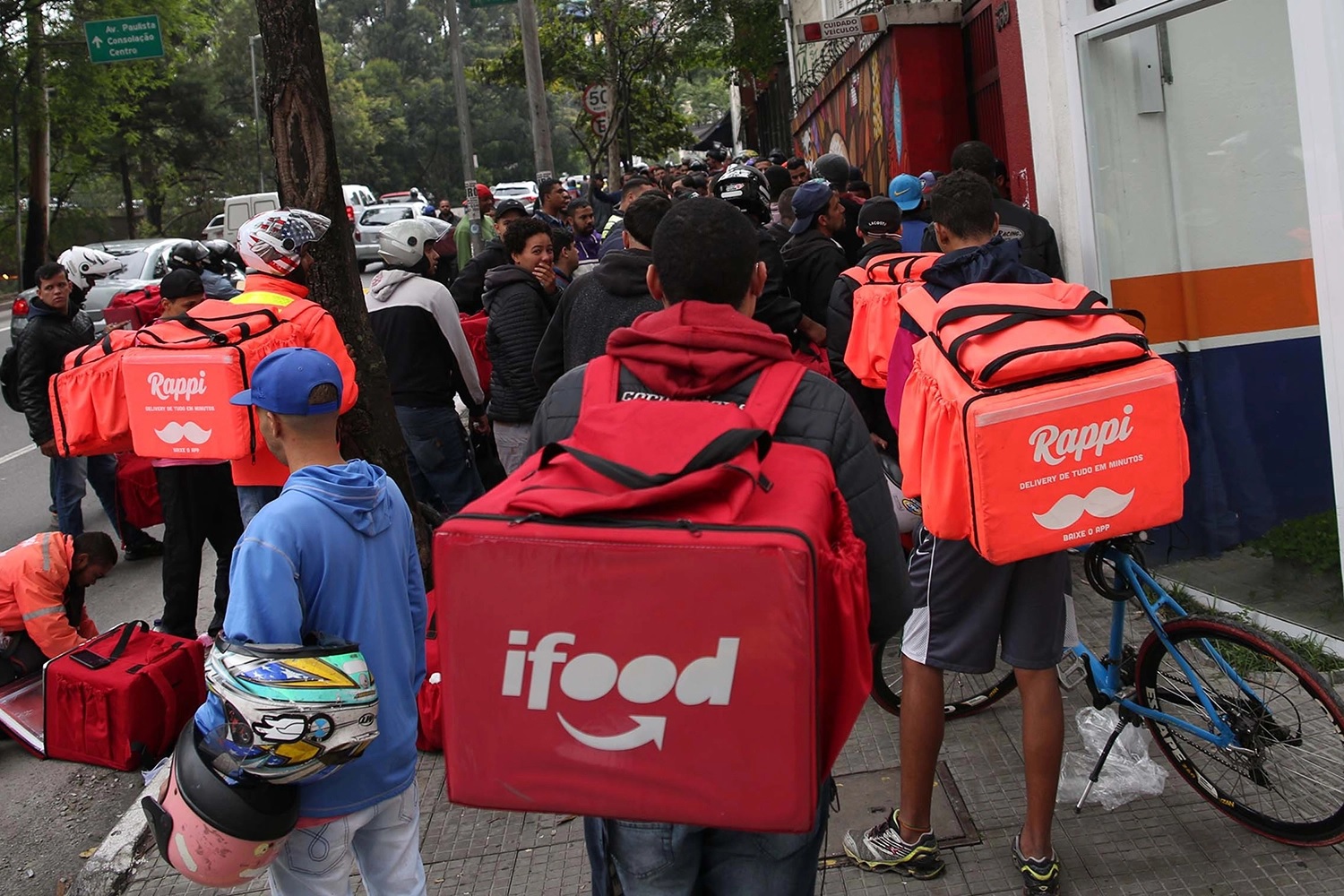Almost half of Brazilians aged 16 and over needed to do extra activities in the last 12 months to supplement their income.
The need for odd jobs was reported by 45% of those interviewed in a sample survey conducted by Inteligência em Pesquisa e Consultoria (Ipec), a company founded by executives responsible for the now defunct Ibope Inteligência (Brazilian Institute of Public Opinion and Statistics).
The survey, released on August 10, was commissioned by the Sustainable Cities Institute (ICS), a non-governmental organization that develops initiatives focused on fighting inequality, promoting human rights, social participation, and environmental defense.

The survey was planned to reveal data on the population’s perception of social, racial, gender, and sexual orientation issues. Between April 1st and 5th, 2,000 people were interviewed in 128 municipalities across all regions.
ODD JOBS
Most of the jobs reported are related to services: 33% of the interviewees mentioned having complemented their income with maintenance services, beauty services, security services, drivers, deliveries through apps, or even with house cleaning, babysitting, tutoring, and care of the elderly and animals.
Other 28% reported that they raised money to get around economic difficulties by selling merchandise, including home-prepared food, handmade crafts, used clothing and articles, cosmetics and beauty products, or products in general, for street trading.
Some respondents reported earning additional income from more than one of these activities. The survey also showed that the need for odd jobs is more frequent in families with an income of up to one minimum wage.
The survey also reveals that 34% of respondents consider that the homeless population has increased in the last 12 months, and 29% say they have seen more individuals working on the streets.
In addition, 74% believe there was an increase in the number of people suffering from hunger and poverty. This rate is higher in capital cities, reaching 85%, and drops to 57% in smaller towns with up to 50,000 inhabitants.
Created in 2007, ICS focuses its efforts on initiatives aligned with global agendas for sustainable development, such as the 17 Sustainable Development Goals (SDGs) established by the United Nations (UN) in 2015.
According to a note released by the entity, the survey results point to a worrying picture regarding SDG 10, which sets ten goals for reducing inequalities within countries and between them.
“The data reveal that the majority of the Brazilian population can perceive the increase in poverty in the country, besides observing a great vulnerability concerning social minorities, such as blacks, women, and LGBTQIA+ people,” says the entity.
PREJUDICES
The survey sought to identify the population’s perception of various types of prejudice. Of all those interviewed, 74% pointed out places where whites and blacks are served differently.
This situation was mainly associated with shopping malls, commercial establishments, schools and universities, and work environments. Episodes of racial prejudice in some of these spaces were reported by more than 35% of those interviewed.
In the southeast, as many as 45% of people consider that this type of situation involving shopping centers exists. In the Northeast, 27% mentioned hospitals and health centers, well above the national average of 19% for these places.
Among women, 47% said they have already faced harassment, with 29% reporting situations in public spaces, 27% in public transportation, and 23% in bars or restaurants. These percentages reach record highs in the Southeast Region, reaching 37%, 35%, and 27%, respectively.
In addition, 58% affirmed that they have already suffered or seen someone suffering discrimination because of their gender identity or sexual orientation. Again the public space is where these episodes happen more frequently, having been mentioned by 30% of the interviewees.
DIGITAL INCLUSION
Data associated with inequality in digital inclusion are also present in the survey. The survey suggests a well-divided population concerning the use of services carried out through the Internet. For 49%, there was no need to resort to technology for this purpose in the last 12 months.
Other 51% claimed to need to perform online services in the same period, of which 40% were able to do so and 11% could not because of lack of access to a computer and the Internet or for other reasons. The demands related to obtaining or consulting social benefits, attending remote classes, and dealing with health issues, among others, were considered.
The need to use internet services was greater among Brazilians between 16 and 44 years of age, with family incomes above two minimum wages, and who live in capital cities or cities with more than 500,000 inhabitants. The percentage also grows according to the level of education.
With information from Agência Brasil

